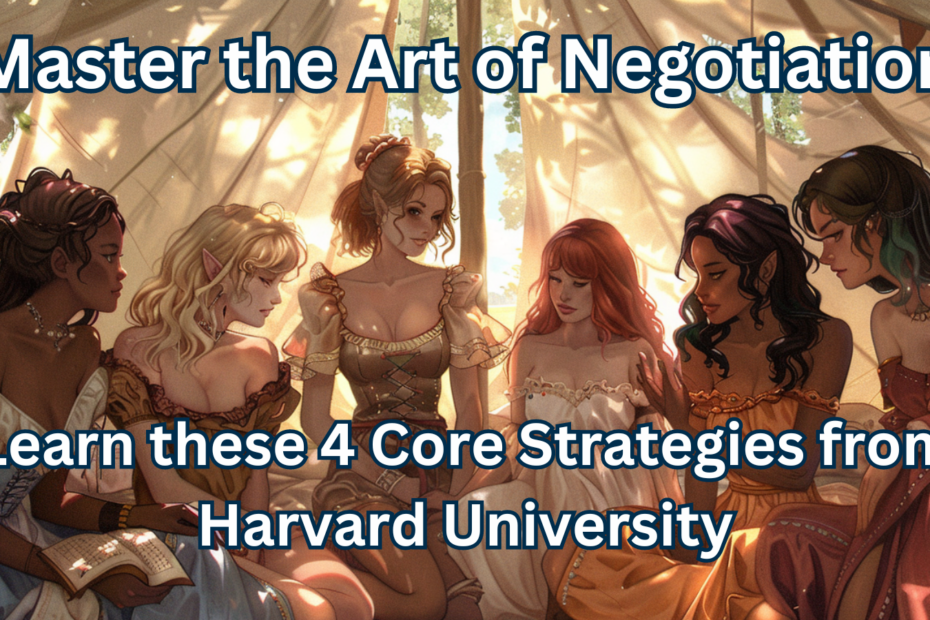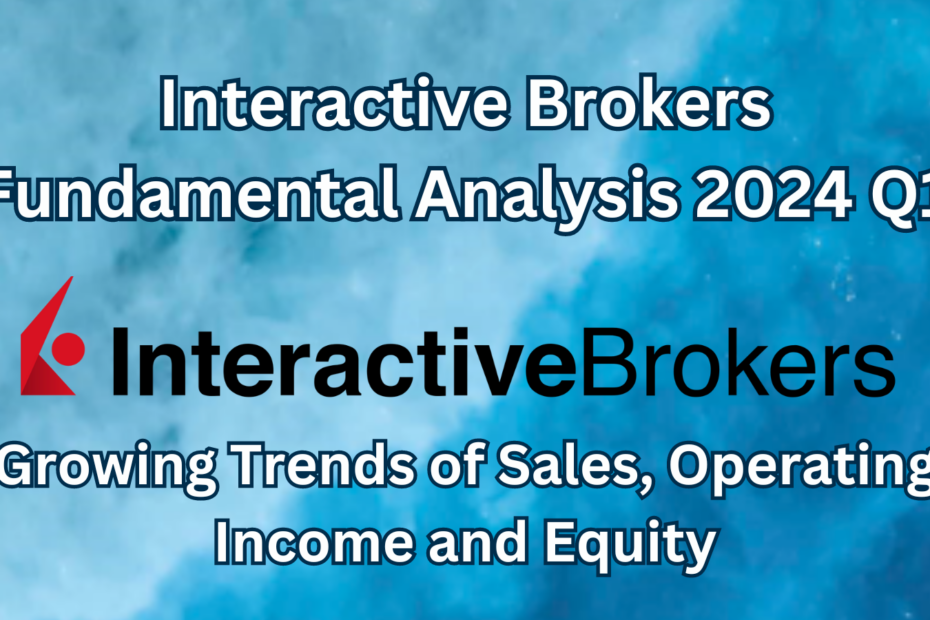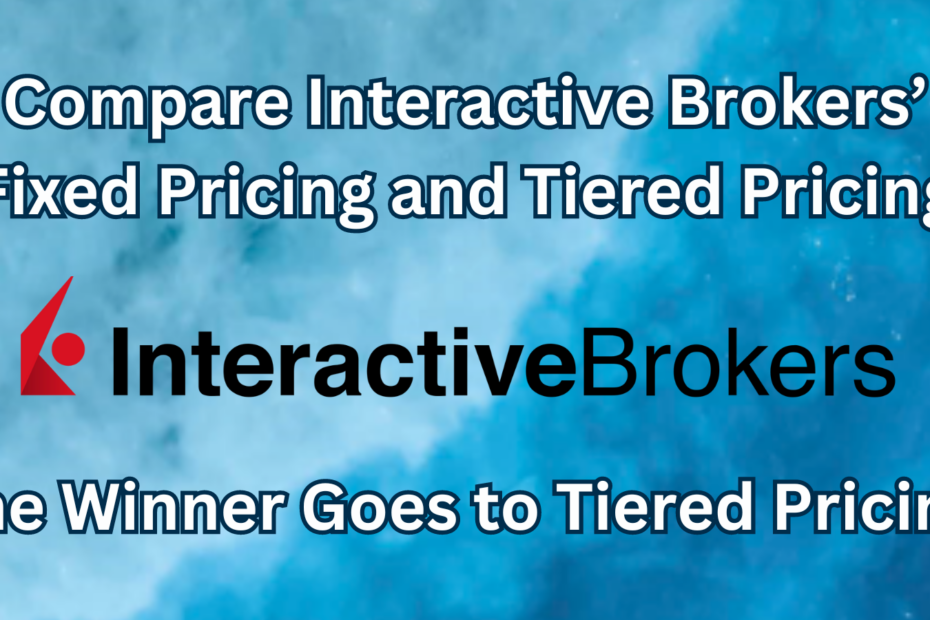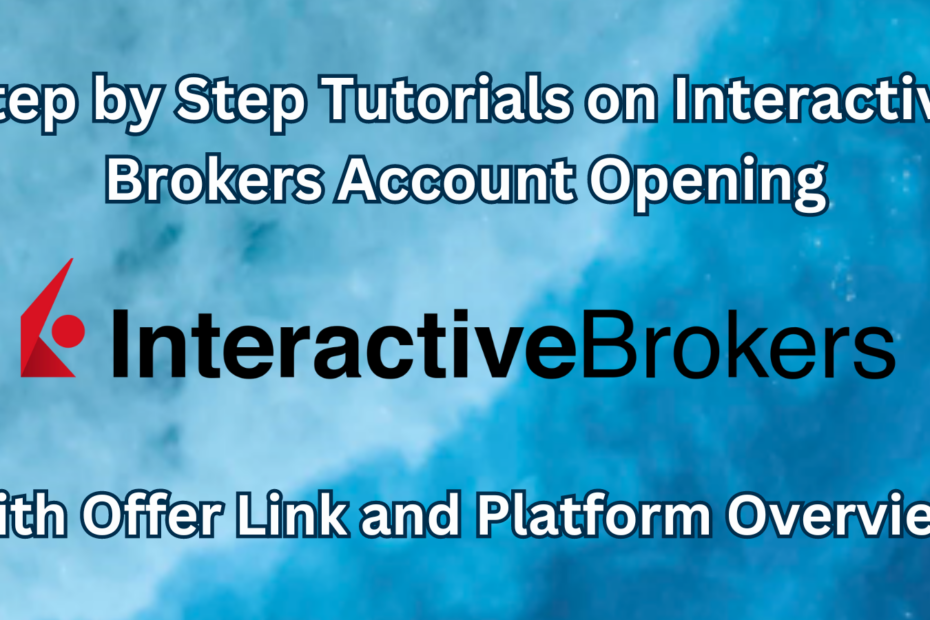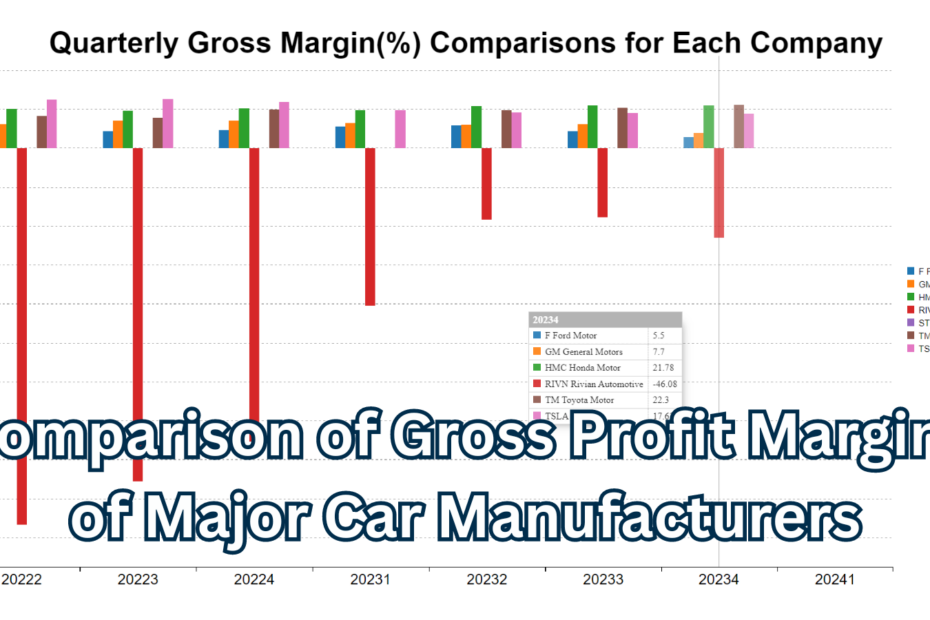How to Master the Art of Negotiation: Learn these 4 Core Strategies from Harvard University
Today we share key ideas from “Getting to Yes” by Ury and Fisher, focusing on achieving mutually beneficial negotiation outcomes.
Negotiation isn’t about winning or compromising; it’s about understanding and addressing underlying interests.
There are four strategies:
Focus on Interests, Not Positions: Instead of arguing over what you want (positions), delve into why you want it (interests). This fosters empathy and opens doors to creative solutions.
Use Fair Standards: Rely on objective criteria like market rates or regulations to make decisions. This removes personal bias and creates a level playing field.
Invent Options for Mutual Gain: Brainstorm solutions that benefit everyone. Differences can be the source of creativity, leading to win-win scenarios.
Separate the People from the Problem: Maintain a respectful relationship while addressing the issue head-on. Be firm on the problem but understanding towards the person.
